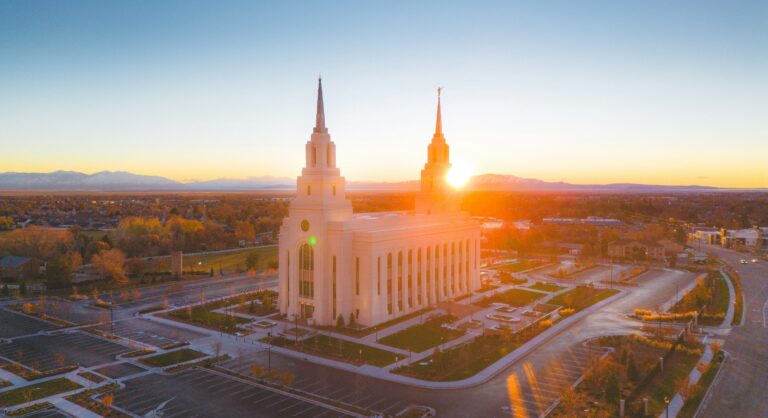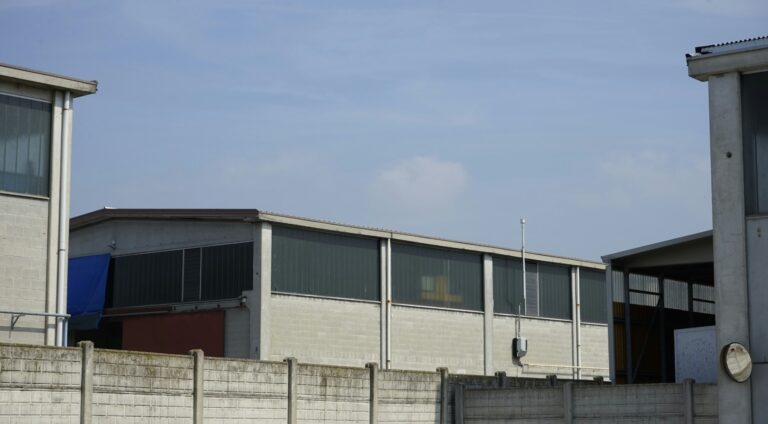5 Ways Public School Abuse Cases Go Unreported
Sexual abuse in public schools is a serious problem, and it’s happening far more often than people realize. Every year, thousands of students experience inappropriate behavior or abuse from educators, coaches, or staff, but many of these incidents are never reported, let alone addressed.
At Crew Janci LLP, we work with survivors of institutional abuse across many settings, including public education. Based on what we’ve seen in other institutions we’ve worked with, like the LDS Church and Oregon Youth Authority (OYA) facilities, we know there are powerful systems in place that keep survivors silent.
Here are five major reasons public school abuse cases often go unreported, and what we can do about it.
1. Pressure to Stay Silent
Students are often taught to respect and obey teachers, coaches, and school leaders without question. These are the same adults who write college recommendations, coach championship teams, and lead school programs. So when someone like that crosses the line it puts the student in an impossible position.
Many are terrified they won’t be believed, or worse, that they’ll be blamed or punished. They worry about causing a scandal or hurting their own future. This pressure to stay quiet is something we’ve seen time and time again in cases involving religious institutions like the LDS Church. And the same thing happens in schools: the institution tries to protect itself instead of protecting kids.
2. No Safe or Clear Way to Report
Even if a student wants to speak up, they often don’t know how, or feel unsafe doing it. Some schools don’t have a clear reporting process. Others make it confusing or intimidating. Students might be told to talk to a counselor they barely know or write down a statement that could be read by multiple adults.
And if the first adult they talk to dismisses or minimizes their concern, that may be the last time they ever mention it.
At places like the Oregon Youth Authority, we’ve seen this play out in devastating ways. Young people were discouraged from reporting abuse, or punished when they did. The same thing happens in schools, where survivors are left feeling unheard, isolated, and powerless.
3. Grooming Makes It Hard to See What’s Happening
Sexual abuse in schools rarely starts with violence. It usually starts with grooming, a slow, calculated process where the abuser builds trust, offers attention, and pushes boundaries.
At first, it might look like a teacher offering special privileges, texting a student after school, or giving gifts. Over time, that trust turns into control. Victims are often confused, ashamed, or unsure whether what happened even counts as abuse.
This kind of manipulation puts victims in an impossible emotional position. They may even feel responsible or worry they’ll get the abuser in trouble.
In the LDS Church, we saw similar patterns, where leaders used spiritual authority to isolate and groom victims. In schools, it’s often the teacher’s desk, the coach’s office, or the after-school meeting that becomes the setting for abuse.
4. Fear of What Will Happen Next
Many students are afraid of what will happen if they report abuse. And honestly, who can blame them?
They worry about:
- Being called a liar by classmates or staff
- Losing academic opportunities
- Being punished for breaking rules during the abuse
- Getting stuck in the middle of a public scandal
Some families don’t report because they’re scared of legal battles, media attention, or retaliation from the school. In some Oregon institutions, like the OYA, we’ve seen survivors suffer retaliation just for speaking up. That fear is real, and it keeps many people silent.
5. Schools Protect Themselves, Not Students
Every educator is supposed to report abuse – especially in Oregon. But not every school follows through. Sometimes, administrators delay telling the police. Other times, they move the accused employee to a different school or ask the family to “work it out quietly.”
This isn’t just red tape, it’s causing real harm.
We’ve seen the same thing in other institutions – known abusers were allowed to keep working with youth because leaders wanted to avoid scandal. When schools do the same, it sends a dangerous message: reputation matters more than children’s safety.
Survivors Deserve Better
If you or someone you love was abused in a school setting, know this: You are not alone. And it wasn’t your fault.
At Crew Janci LLP, we believe survivors deserve to be believed, supported, and given a real shot at justice. Taking legal action isn’t just about justice, it’s also about making sure this doesn’t happen to someone else.
We’re here to help you navigate the process with compassion, confidentiality, and experience.
Learn More and Take Action – Contact Us
9755 SW Barnes Road, Suite 430, Portland, Oregon 97225
(888) 407-0224
info@crewjanci.com
For any questions, Submit Our Confidential Form.
Empowering Change
Related Resources
are here to guide and empower you or someone you care about.
Don’t face this alone.































